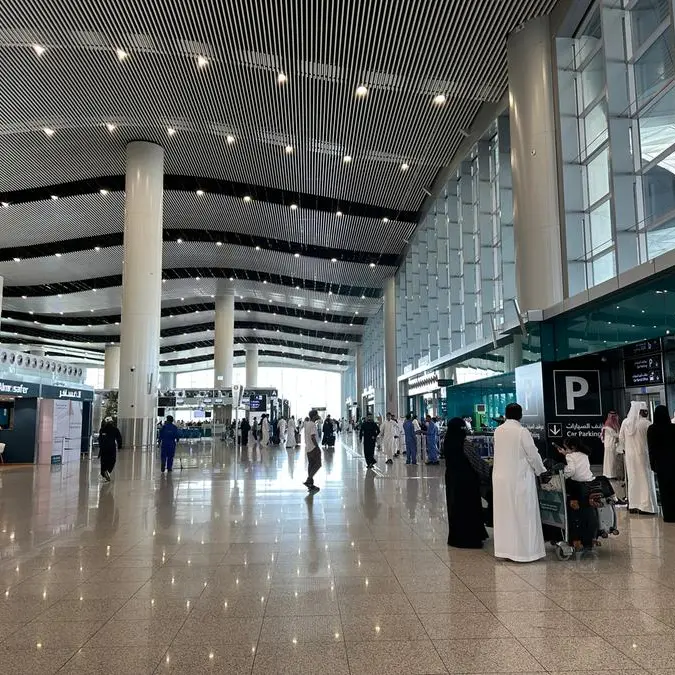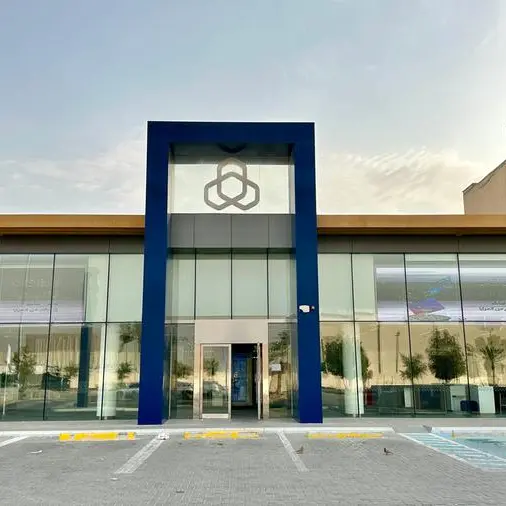Having a rigorous sanitisation programme, including temperature testing upon arrival and following social distancing rules and restricting the number of people in an area are some of the best practice guidelines that companies must follow as the world heads back to work and commercial environments, according to Savills, one of the worlds leading real estate advisors.
This comes handy at a time when the countries are gradually unlocking themselves and the world is heading back to work and commercial environments, stated Savills, which manages thousands of commercial buildings and offices across the globe.
Savills spoke to experts from across the Middle East region on the best practice guidelines for returning to the office, including steps they are taking within their own workplaces.
Rachael Kennerley, an expert from Dubai, said having a clear sanitisation schedule will provide reassurance for teams that are operating in the office.
"Our team in Dubai has implemented temperature testing upon arrival, which can assist in potentially identifying individuals who may pose a health risk. Following local social distancing rules, with signage across the building and in car-parks, can also mitigate risk, as well as controlling the number of people in any one area at the same time, stated Kennerley.
She said companies should make it mandatory that all pantries and common eating areas remain closed and employees/visitors are provided with secure places to dispose of masks and gloves, along with enhanced hygiene measures.
"Facility managers should also increase the amount of soap and disinfectant supplies, as highly increased usage should be anticipated. For longer term investment, HVAC (heating, ventilation and air conditioning) should potentially be upgraded, along with water/bathroom access and lift technology to ensure the number of people in the elevator at the same time is minimized," she added.
Suzanne Eveleigh, an expert from Sharjah, said: "Practically, it may take time for things like lift technology to be upgraded, so individuals should take responsibility. On a simple level, potentially dont get into the lift if there are too many people."
"That will require judgement based on the size of the elevator. Its also easy to slip back into a comfort zone when with people you know - its important to maintain social distancing, even if the opportunity to catch-up with colleagues is tempting," noted Eveleigh.
Use tape to keep a distance between employees/customers and map out the floorplan to keep people as far apart as possible. In our Sharjah office, we have also put up instructions and notices to employees and customers, and were investigating Perspex barriers for customer service/cashier desks, she stated.
"For people sharing equipment, such as phones, desks and keyboards, weve implemented additional sterilization procedures to reduce potential contact transmission," noted Eveleigh.
She pointed out that with pantries/office kitchens closed, it is advisable to bring food and drink from home rather than depending on spot deliveries that can create congestion in lift-zones.
"It may also bring your office team into contact with many external third-party visitors. If somebody gets sick in the office, it is essential to have an isolation room, where someone can wait for medics. Similarly, every person in the office should be made aware of potential virus exposure and, where contact has occurred, be instructed to isolate / work from home as well," added Eveleigh.
James Bailey, an expert from Egypt, said: "In addition to the above measures, one of the most simple, but effective ways to keep hygiene levels in the office as robust as possible, is to keep floor space and desks as clear as possible."
"This can help housekeeping teams to make sure their cleaning is thorough and rigorous. Dependent on the office environment, reducing the amount of cash handling and adopting digital payment measures instead, can minimize the need for physical contact with clients/suppliers," stated Bailey.
Stuart Williamson of Oman said: "In our office we have increased the frequency of deep cleans, thus demonstrating an enhanced focus on maintaining a healthy environment."
"The housekeeping teams are also being given extra time at evenings and weekends to spend on cleaning and giving each area extra attention. Within the office teams, all health and safety communications must be shared via internal systems and via email, as well as physical signage in high volume areas, such as receptions and bathrooms," remarked Williamson.
Within reception areas, the installation of hand sanitizers is highly recommended, he stated.
"It is also essential to register and capture all third-party visitor details this helps in terms of sharing knowledge about any potential exposure risk. Imposing additional restrictions on couriers, water delivery, food delivery drivers and other similar third parties can limit external traffic throughout the building/property," he added.-TradeArabia News Service
Copyright 2020 Al Hilal Publishing and Marketing Group Provided by SyndiGate Media Inc. (Syndigate.info).
Disclaimer: The content of this article is syndicated or provided to this website from an external third party provider. We are not responsible for, and do not control, such external websites, entities, applications or media publishers. The body of the text is provided on an as is and as available basis and has not been edited in any way. Neither we nor our affiliates guarantee the accuracy of or endorse the views or opinions expressed in this article. Read our full disclaimer policy here.




















